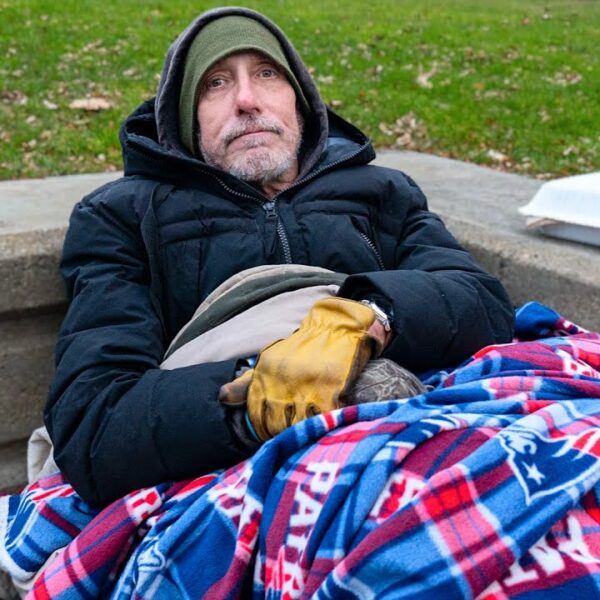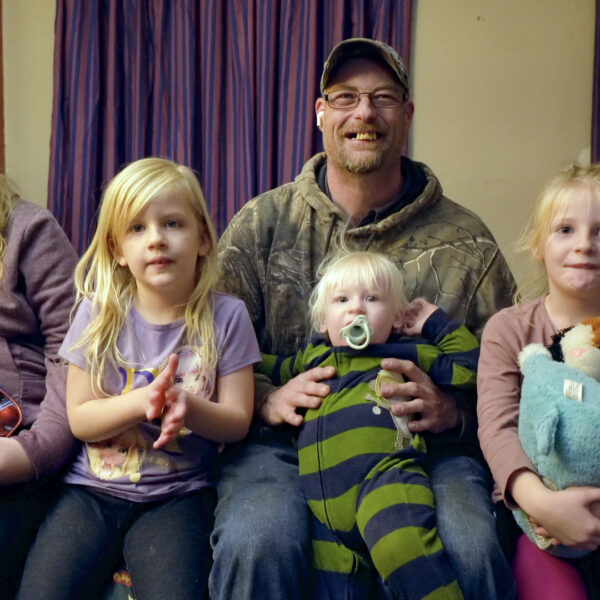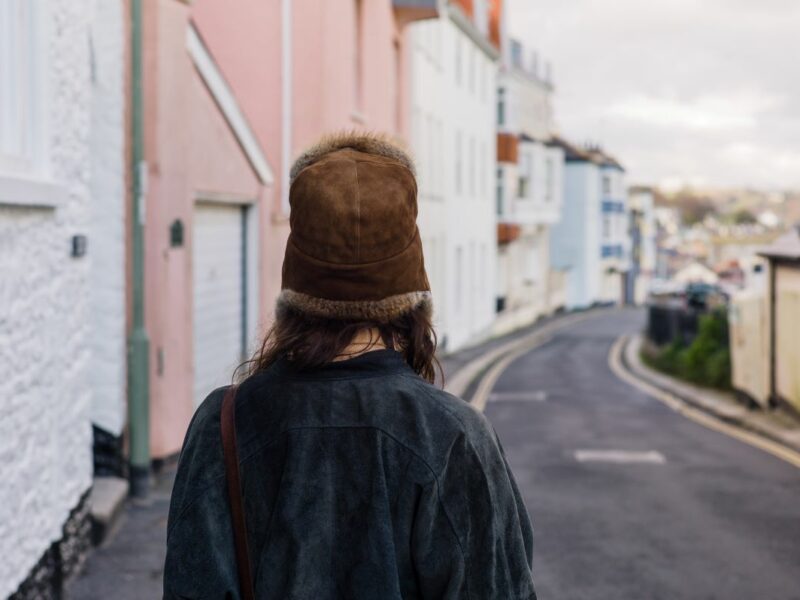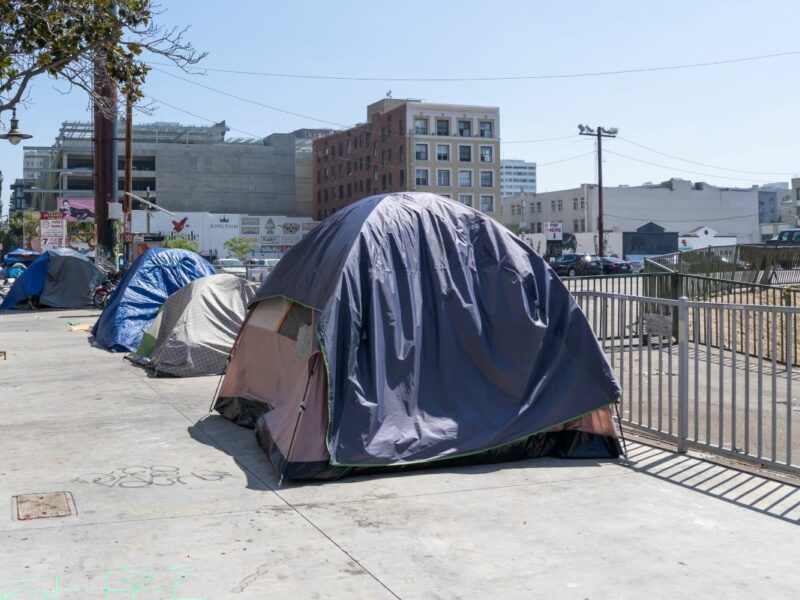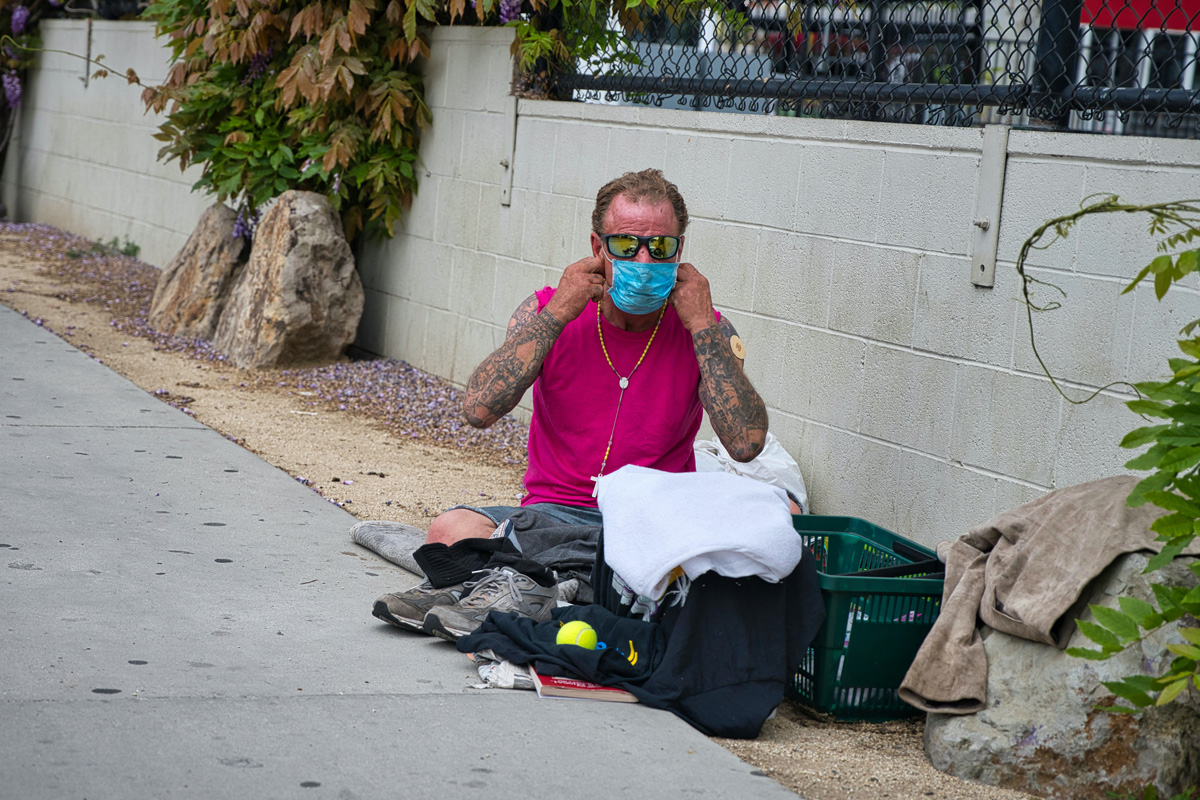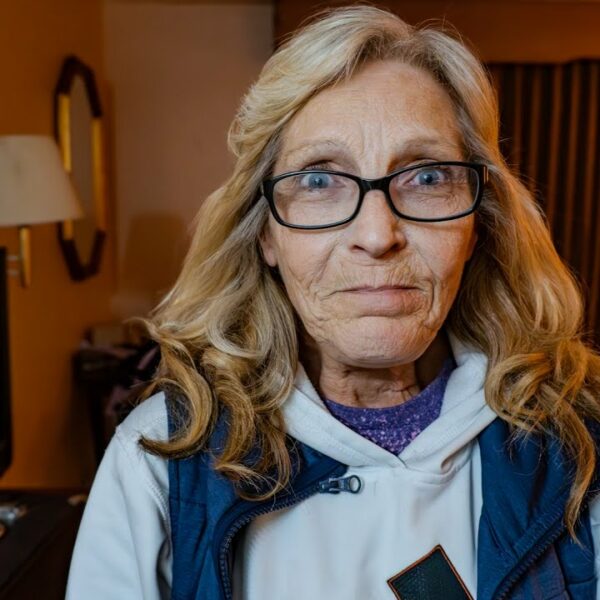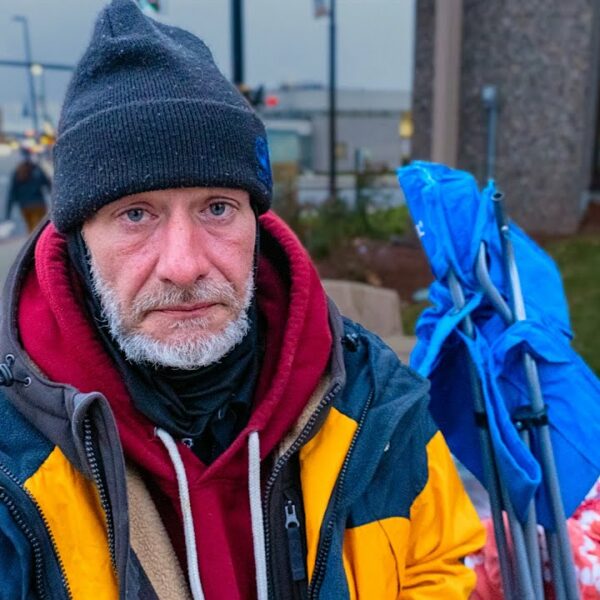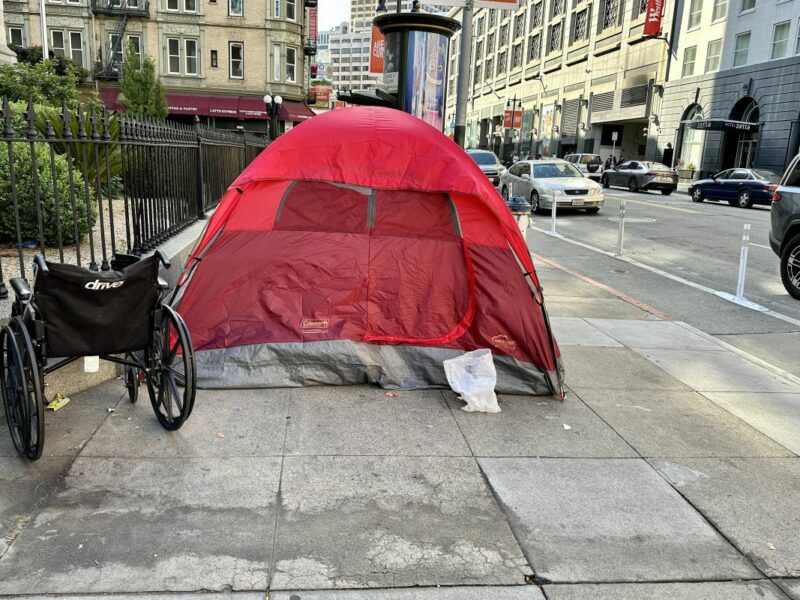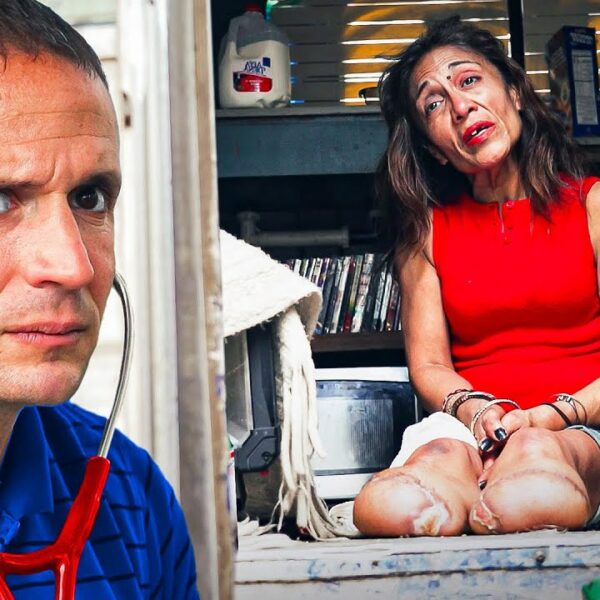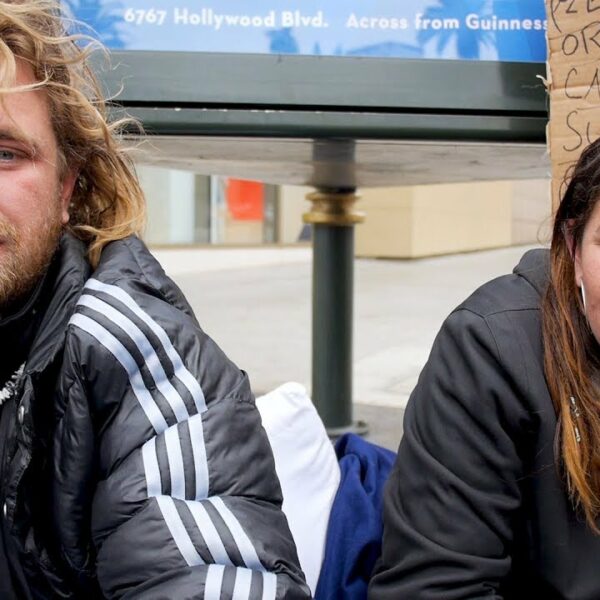Six months into the COVID-19 outbreak, cases continue to rise in the United States. Despite a slow expansion of testing and medical advice, wearing masks has become a partisan issue. However, in some of the biggest metropolitan areas, homeless people are increasingly wearing masks to protect themselves and others.
That is in part due to activists and volunteers. They have been distributing masks and providing public health information to homeless individuals in cities nationwide. Official county and city agencies are distributing health equipment, while these private volunteers are helping to fill the gap. That includes regularly providing new material weekly.
The spread of protective equipment among homeless individuals comes after the first major month of the outbreak in Los Angeles saw it limited. The Los Angeles Times reported in April on the difficulties both in getting enough masks for homeless people and in getting people to wear them. Part of the change since then has been due to the toll of the virus becoming evident, and better communication.
Homeless people have also moved closer to handwashing and hygiene sites.
At Echo Park Lake, which has had a notable encampment set up for months, more tents have gone up as people seek to use the public bathrooms to avoid COVID-19. Early on in the pandemic, volunteering decreased due to health concerns and restructuring of how people could help. Since then, people have started donating and contributing in new, safe ways, including making masks for homeless people.
The Centers for Disease Control and Prevention recommends wearing masks or other facial coverings to help prevent the spread of the disease. According to the CDC’s research, masks work best when paired with other measures such as social distancing of six feet or more.
According to Todd Cunningham, homeless people are actively seeking masks for protection. Cunningham is the food and wellness organizer with the Los Angeles Community Action Network, a Skid Row-based services provider and homeless advocacy group. LACAN holds two weekly distribution events handing out food and masks at its Skid Row headquarters.
To pick up the items, people must first wash their hands, which Cunningham said further reinforces the need for proper hygiene during the pandemic. That, coupled with the mask handouts, has helped to make the face coverings less obtrusive and more normal in the area.
In the Bay Area, advocacy groups such as Catholic Charities are doing mask drives, soliciting homemade face coverings to hand out to San Francisco, San Mateo and Marin’s unhoused populations, in addition to ongoing food distribution. In Washington, D.C., which saw more than 200 homeless people test positive for the virus in May, missions and shelters are organizing similar drives for masks and other hygiene items such as hand sanitizer. Similar efforts are underway in other cities such as New York City and Boston.
All of this comes as the virus continues to spread.
On June 26, the United States hit a record high in daily cases. Despite rising numbers, states have been lifting restrictions imposed to curb the spread of coronavirus over recent weeks.
Although leaders are easing restrictions, homeless people are more interested in using masks, Cunningham said. People have been coming regularly to LACAN’s two weekly big service days, especially older Angelenos, who are at a higher risk from the coronavirus. LACAN hands out kits with food and items such as toothbrushes, and new needed items, in this case face coverings.
“[The masks] are a driver of turnout,” Cunningham added.
The Los Angeles Homeless Services Authority, the joint county-city agency tackling the homelessness crisis, has been trying to prioritize hygiene in its kits that outreach teams distribute, according to LAHSA Executive Director Heidi Marston. All kits include masks. Marston said people are now eager to receive masks in addition to food assistance.
Melissa Acedera, who organizes meal and supply donations to homeless individuals, said that masks have become a regular part of the bundles she puts together, and increasingly sought by the people who receive them. She said that the masks provide other benefits for homeless people beyond coronavirus protection. Giving homeless people masks gives them access to stores and other buildings where they could be barred.
The masks help fill a gap in limited sanitation offerings for homeless people.
In Los Angeles, for instance, officials installed new hygiene stations to prevent the spread of the virus. The stations had soap and water for handwashing. However, the rollout and resupplying of the stations was slow. In Skid Row, which has a low number of public toilets available, the need was even more dire. Public pressure from advocates gained more regular upkeep of the facilities. Volunteer groups such as LACAN also set up their own stations.
Missions in Skid Row providing resources and shelter have been trying to inform clients of best practices for health. COVID-19 testing has been ongoing, and activists report more people trying to get tested and avoid getting sick. That is a notable shift from the spring.
“I met some folks that didn’t know what was going on,” Acedera said. “The city wasn’t doing enough of a job to inform them of the dangers.”
The wider distribution of masks and protective items comes as places struggle to get individuals to wear face coverings. Even as masks have become a point of political contention, officials have issued orders to make more people wear them. In mid-May, Los Angeles Mayor Eric Garcetti ordered everyone to wear masks when outdoors. On June 18, California Gov. Gavin Newsom made masks mandatory in public places, following a continued rise in cases as other restrictions were lifted.
Cunningham said that in Skid Row, people are regularly getting new masks. LACAN also sees regular visitors on its two big organizing days. That regular resupply is important as medical advice recommends cleaning masks after use, which many on the streets cannot do.



